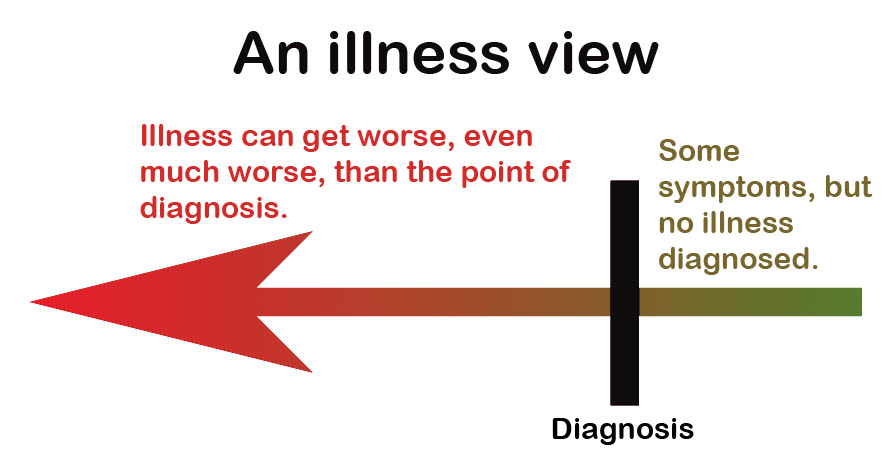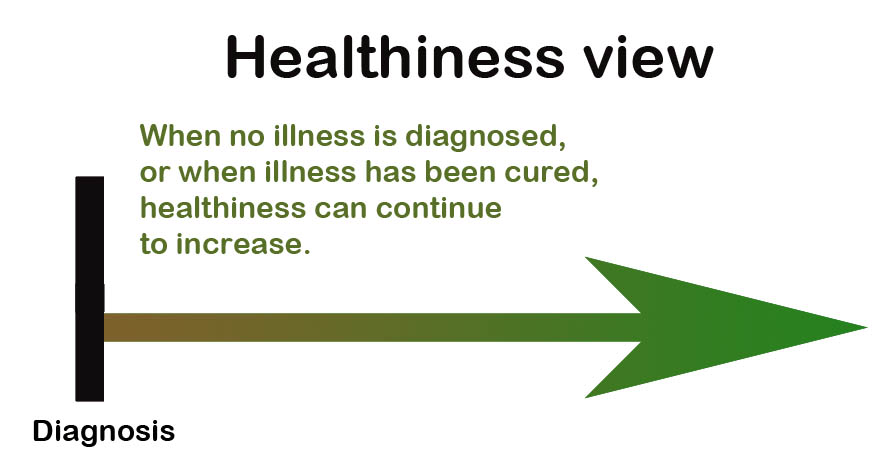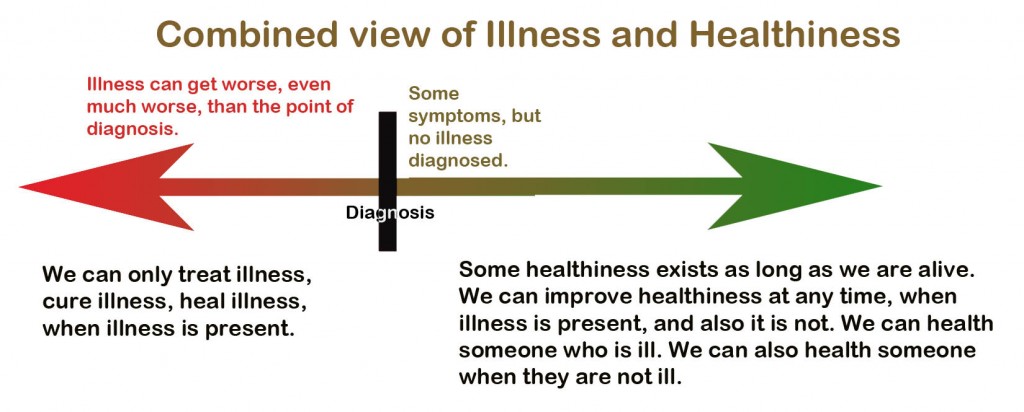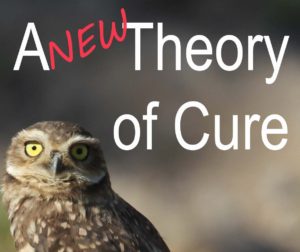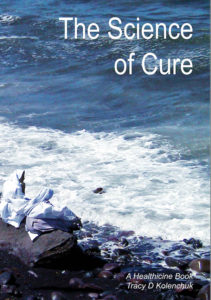In dictionaries, and even in the World Health Organization, health is a noun. You might have health, lose health or regain your health. Health is an adjective, is healthy walk, healthy diet, healthy attitude. Health is also a fake adjective: health clinic, health centre, health insurance – withan intention of marketing, not healthing: health clinic actually means sickness clinic, health centre might mean fitness centre, and health insurance is just a fancy name for medical insurance. We also use health as an interjection, when delivering a toast “Health!” And of course health can also be an adverb, as in running and eating healthily.
 When have you seen health as a verb? Many nouns and adjectives have become verbs, as Calvin enjoys explaining to Hobbes. Fish is a noun – and a verb. Google was a noun, now it’s a verb too.
When have you seen health as a verb? Many nouns and adjectives have become verbs, as Calvin enjoys explaining to Hobbes. Fish is a noun – and a verb. Google was a noun, now it’s a verb too.
What about health?
What word says we are ‘improving our health’. Surely we are healthing our bodies. Exercise and nutrition healths our bodies. Visualizing, imagining, understanding, meditating, and forgiving healths our minds, and our spirits. Healthy socializing healths our communities.
Today we don’t use health as a verb. Dictionaries don’t recognize that health is a verb. Why not?
Health is a verb. Share on XTo health is to improve healthiness. We don’t have a word for improving healthiness. Many dictionaries don’t even contain the word ‘healthiness’. A healthiness is an instance of health, just as an illness is an instance of ill. We have words for fighting and recovering from sickness: treat, cure, heal. But, once you are no longer ‘sick’, those become irrelevant. When we look closer, we can see that ‘healthing’ is not just the best preventative for illness and also the best cure, often the only cure. We can health our bodies, our minds, our spirits, our communities, and our environments to prevent and cure many diseases.
It’s interesting that ‘sicken’ is a verb, but the antonyms for ‘sicken’ include sooth, cure, heal, make well – but not ‘health’. It’s time put health in the dictionary, as a verb.
We recognize that illness can be present before it reaches the point of diagnosis as a disease. Only once it is severe enough, can it be diagnosed. It can become much more severe. Illness can range from minor (not yet a disease) to very severe, from unimportant – it will pass, to mortal – you will pass. As we treat illness, cure illness, heal the damage caused by an illness, we move up the scale, from red to green.
In the medical paradigm, once we rise past the point of diagnosis – the disease is gone, and improvement is not important. There might still be some minor symptoms, if you had a cold – your nose might still feel uncomfortable for a few days. If you had an infected appendix removed – you will still have a scar, and no more appendix.
Health is bigger than disease, bigger even than illness. Healthiness can continue to be improved when there is no illness, or after a disease is cured.
We can health our bodies, minds, spirits, and our communities, when illness is present. Healthing is a powerful curative, Health cures more diseases than any medicine. “There is no cure for the common cold” in conventional and alternative medical practices – but health cures the cold easily, slowly and steadily. Health is slow and steady, honest and true. – the Healthicine Creed. When we are healthier, we get fewer colds, and cure them faster. When we are less healthy, we get more colds, and they take longer to cure.
We can health them even more, even when illness is not present.
“Health” is the verb “to improve healthiness“.
When we combine these views, we see more.
We can health ourselves, and we can work to health others as well. Medicine has a focus on disease. Healthicine takes a wider view. We need to study illness, disease, healthiness and unhealthiness. We need to understand the principles of healthicine. We must learn not just to heal but also to health.
Don’t confuse the verb health with prevention. Sometimes, we prevent illness by improving healthiness – consume a healthy diet. But we often prevent illness by lowering our healthiness. We wear a helmet, which adds weight and blocks vision, to prevent damage to the head, and a life jacket, which adds weight and decreases mobility – to prevent drowning. We might use drugs to lower our cholesterol and aspirin to thin our blood, in an attempt to prevent disease – but these ‘preventatives’ decrease our healthiness.
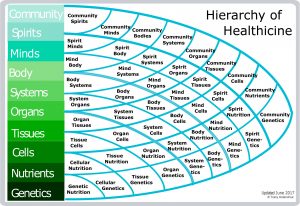 Health is a verb. Health is a verb throughout the entire hierarchy, pervading every discipline of healthicine. We can health our genetics, our diet, our cells, our tissues, our limbs and organs, our bodily systems – circulatory system, respiratory system, lymphatic system, our bodies, our minds, our spirits and our communities.
Health is a verb. Health is a verb throughout the entire hierarchy, pervading every discipline of healthicine. We can health our genetics, our diet, our cells, our tissues, our limbs and organs, our bodily systems – circulatory system, respiratory system, lymphatic system, our bodies, our minds, our spirits and our communities.
And our communities. That’s important. We recognize that communities, from families to associations, to companies and corporations, to churches, to governments at all levels, can be damaged, and need to ‘heal’. We also need to recognize that when they are ‘not sick’ – we can still work to health them.
“Courage, my friends; ’tis not too late to build a better world.“, said Tommy Douglas. It’s never too late to health ourselves and our communities.
We don’t need to be sick to health ourselves and others. We need only remember that “health” is also a verb. Health can always be improved, if we take the time to health it.
The books “The Elements of Cure” and “Cure” explore the concepts of curing in detail, and how cures come from healthiness.
to your health, for the health of it, tracy
author: Introduction to Healthicine: Theories of Health, Healthiness, Illness and Aging

